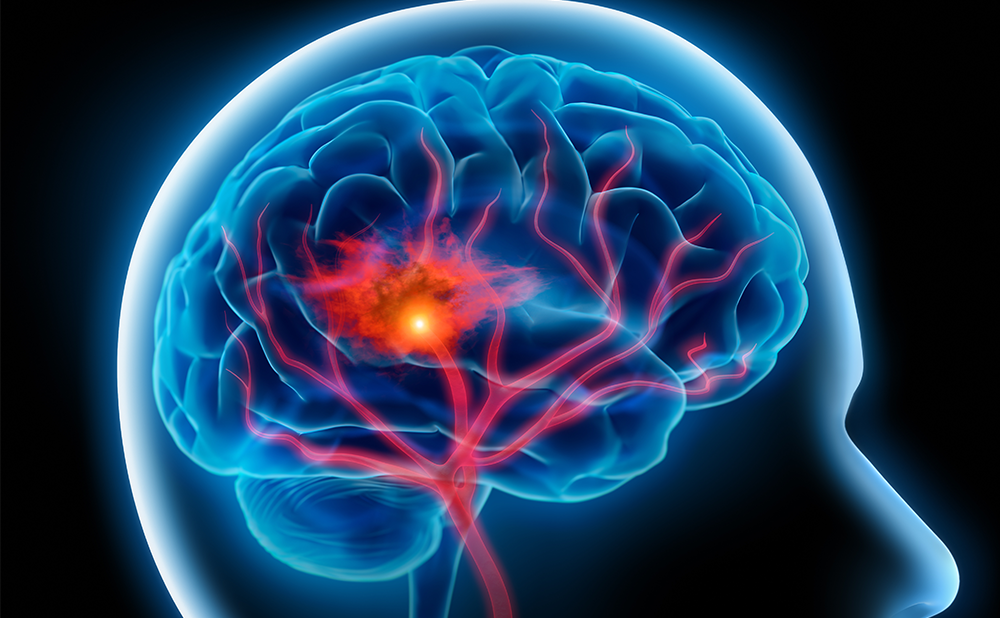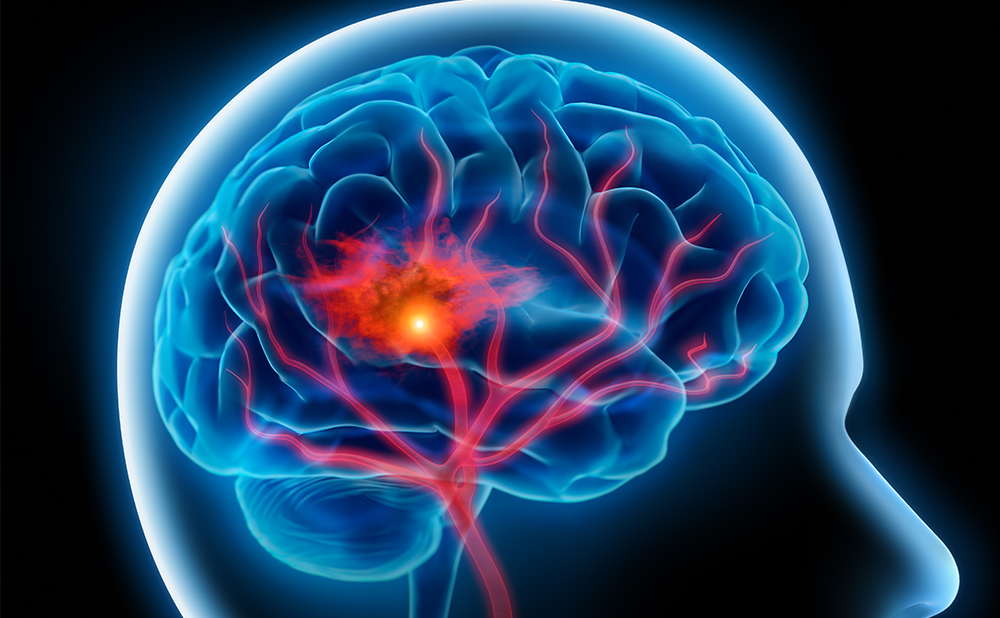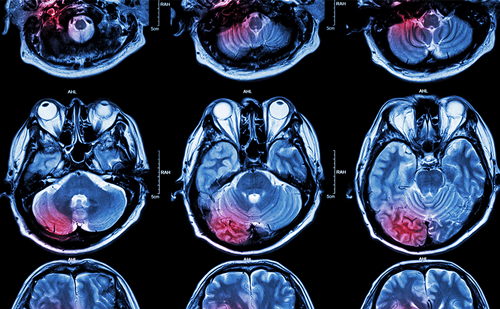The importance of recognizing and including cognition as a key factor to consider when ensuring comprehensive care for individuals with multiple sclerosis (MS) cannot be over emphasized. Unfortunately, despite it being accepted as a common symptom, cognitive function in MS is still not openly discussed, routinely assessed, or optimally treated. In an expert interview, Rosalind Kalb describes the background and crucial recent steps taken to tackle this issue, starting with a convening of the National MS Society’s National Medical Advisory Committee and leading to published recommendations for cognitive screening and management in MS care.1
Q. Why did the National Medical Advisory Committee of the National MS Society commission this group of experts to make recommendations based on the published literature about the management of MS-related cognitive impairment?
As the evidence continued to mount concerning the prevalence and impact of cognitive impairment on individuals and families affected by MS, the Society committed itself to addressing the need for early and ongoing assessment and management of cognitive symptoms. The Society’s National Medical Advisory Committee convened an interdisciplinary group of clinicians and researchers, as well as people with MS, to make recommendations1 based on the published literature and their professional expertise and personal experiences.
Q. What do we know about the prevalence of cognitive impairment in people with MS?
At least 65% of people with MS are going to experience some degree of cognitive impairment.2,3 This common MS symptom is most prevalent in people with progressive disease,4,5 but it also occurs in people with relapsing MS, clinically isolated syndrome,6,7 and radiologically isolated syndrome.8 In fact, it appears to predate the appearance of structural abnormalities on magnetic resonance imaging and may serve as an early marker of disease activity.8,9
Like all symptoms of MS, however, cognitive impairment is highly variable from one person to another. One person may experience no difficulties at all, while others may experience moderate or more severe impairments that impact many areas of their lives.
Q. What are the most common types of cognitive changes that occur?
Information processing and memory are the most commonly affected cognitive domains in MS. Other cognitive symptoms include deficits in complex attention, executive functioning, verbal fluency, visuospatial perception, and social cognition.9,10 In other words, cognitive functioning in people with MS can be impaired in many different ways. Slowed information processing speed is considered the hallmark cognitive deficit in MS. As the foundation for higher-level cognitive processes, slowed processing impacts virtually all other cognitive domains.11
Q. What are some of the ways that cognitive impairment impacts daily functioning at work and home, relationships, and quality of life?
Cognitive impairment predicts limitations in the workplace and in social settings independent of level of physical disability.12–15 In fact, cognitive impairment at diagnosis predicts a change in vocational status 7 years later. Compared with healthy controls, people with MS perform more poorly on everyday life tasks, including driving and money management,16–19 and cognitive impairment in children and teens is associated with slowed cognitive development, problems in school, social challenges, and depression.20,21 People who are cognitively impaired also have difficulty engaging in shared decision making, providing informed consent, and adhering to treatment.22,23
Support partners and other family members are significantly affected by their loved ones’ cognitive changes. MS caregivers experience high levels of distress, depression, and a reduced quality of life related to their partners’ cognitive impairment and psychiatric symptoms—even beyond that related to their physical symptoms.24 And along with bladder/bowel dysfunction and impaired mobility, challenges related to cognitive impairment may predict nursing home placement for people with MS.25
Q. What are the goals of your recent publication in relation to this?
The goals of the paper1 are to promote awareness and understanding of cognitive impairment in MS; reduce any associated stigma; recommend optimal screening, monitoring, and treatment strategies; and address barriers to optimal management.
Q. What are the Society’s recommendations for assessment and management?
The Society recommendations are very specific.1 For adults and children8 years of age and older:
- As a minimum, early baseline screening with the Symbol Digit Modalities Test (SDMT) or similarly validated test, when the patient is clinically stable.
- Annual re-assessment with the same instrument, or more often as needed to: (a) detect acute disease activity; (b) assess for treatment effects (e.g., when starting/changing a disease-modifying therapy) or for relapse recovery; (c) evaluate progression of cognitive impairment; and/or (d) screen for new-onset cognitive problems.
For adults 18 years of age and above: more comprehensive assessment for anyone who tests positive on initial cognitive screening or demonstrates significant cognitive decline, especially if there are concerns about comorbidities or the individual is applying for disability due to cognitive impairment.
For children below 18 years of age: neuropsychological evaluation for any unexplained change in school functioning (academic or behavioral).
Remedial interventions/accommodations for adults and children to improve functioning at home, work or school.
Q. Can you comment on factors, other than the disease itself, that can impact cognition?
Sleep disturbances, mood changes and fatigue—all of which are common in people with MS—can significantly impact cognitive functioning.26–30 For these reasons, people with MS should be screened annually for depression and asked on a regular basis about their sleep. In addition, some of the medications commonly used by people with MS, including anticholinergic medications to treat bladder dysfunction, can slow information processing and impair memory.31 Since polypharmacy, which can increase fatigue and impact cognition, is common in people with MS, healthcare providers are encouraged to review a patient’s medications on a regular basis.32 And because cannabis smokers show slowed processing speed and reduced memory compared with non-cannabis smokers, patients should be advised of this risk.33–36
Q. What are some of the barriers to optimal care for this common MS symptom?
The primary barriers include: insufficient knowledge on the part of people with MS, family members, and healthcare providers about the prevalence and impact of cognitive dysfunction or the available screening, assessment, and management strategies; reluctance on the part of clinicians (due to shortage of time, lack of expertise or referral sources, or inadequate reimbursement) and patients (due to embarrassment or concerns that cognitive problems might affect their employment, child custody, or driver’s license) to address the issue; and insufficient numbers of clinicians are trained to provide assessment and remediation.
Q. What strategies are recommended for addressing these barriers and what steps is the Society taking to implement these strategies?
The Society convened three work teams in 2018 to identify and implement short- and longer-term strategies to address these barriers. The Awareness Team is determining optimal strategies for promoting awareness among professional and lay audiences of the prevalence and impact of cognitive impairment. The Screening in the Clinic Team is working to promote and facilitate early and ongoing screening in the neurology clinic. The Professional Education Team is developing online and in-person training opportunities for licensed, certified speech/language pathologists, occupational therapists, psychologists, and other clinicians who would like to treat people with MS. Toolkits for each audience will provide essential information about cognition in MS as well as information about screening and assessment measures and ways to identify trained clinicians in the community.
Q. What is the key take-away message about cognitive care in MS?
Identification and management of cognitive symptoms is an essential component of comprehensive MS care. Although the current barriers to optimal care must be acknowledged and overcome, doing nothing in the meantime to address cognitive challenges among people living with MS is not acceptable.
Identification and management of cognitive symptoms is an essential component of comprehensive MS care. Although the current barriers to optimal care must be acknowledged and overcome, doing nothing in the meantime to address cognitive challenges among people living with MS is not acceptable.














